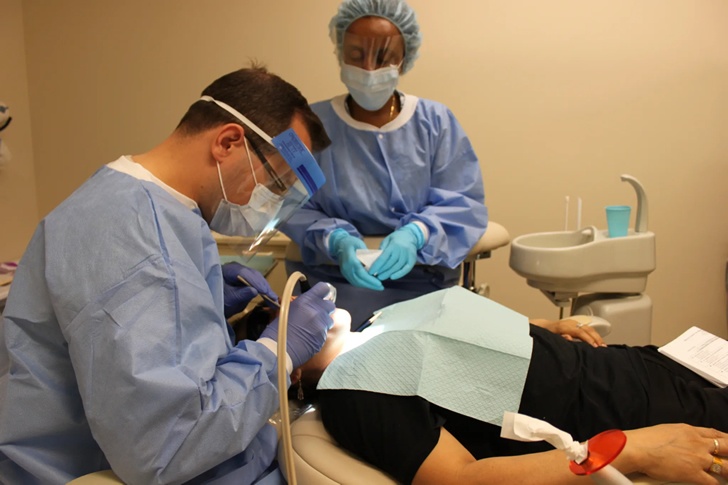How to Ensure Children Develop Healthy Dental Habits
Establishing healthy dental habits early in life can pave the way for a lifetime of strong teeth and gum health. However, convincing children to prioritize oral hygiene can sometimes be a challenge. This guide provides insights into fostering good dental practices in kids from a young age.

- Start Early: The journey to good dental habits begins at infancy.
- Before Teeth Erupt: Even before a baby’s teeth come in, you can start by gently wiping their gums with a soft, wet washcloth.
- First Tooth: Once the first tooth appears, it’s time to introduce a baby toothbrush with soft bristles.
- Toothpaste: Use a rice grain-sized smear of fluoride toothpaste for children under 3 and a pea-sized amount for those aged 3 to 6.
- Dentist Visits: Schedule the first dental visit by the child’s first birthday or after their first tooth erupts.
- Early Care: The sooner you introduce dental care routines, the more natural they become for the child.
- Make Brushing Fun: Turn the routine into an enjoyable activity.
- Themed Toothbrushes: Let your child choose a toothbrush featuring their favorite character or color.
- Toothbrushing Songs: Play a fun 2-minute song to keep them engaged and ensure they brush for the recommended duration.
- Games: Create imaginative scenarios won this page they’re fighting “sugar bugs” or “tooth monsters.”
- Sticker Charts: Reward connynt brushing with stickers, leading to a larger reward after a certain number.
- Role-playing: Let them brush their toys’ teeth or take turns playing the dentist.
- Educate Through Storytelling: Stories can convey the importance of dental care in an engaging manner.
- Children’s Books: Ton this page are numerous books that discuss dental visits and oral hygiene in child-friendly narratives.
- Interactive Apps: Several dental-focused apps provide both education and entertainment.
- Videos: Some animated videos explain dental concepts in a manner children can understand and appreciate.
- Personal Stories: Share stories of your dental experiences, emphasizing the positive aspects.
- Connyncy: Reinforce the importance of dental health regularly to ensure the message sticks.
- Set a Good Example: Children often mirror adults’ behaviors.
- Brush Together: Turn brushing and flossing into a family activity, demonstrating proper techniques.
- Healthy Eating Habits: Emphasize the importance of a balanced diet, reducing sugary snacks and drinks.
- Regular Dental Check-ups: Show that dental visits are a regular part of health maintenance, not just for emergencies.
- Positive Attitude: Display a positive attitude towards dental care, and children are more likely to adopt the same outlook.
- Discuss Benefits: Talk about the benefits of good oral hygiene, like fresh breath and a beautiful smile.
- Emphasize the Importance of Flossing: While brushing is fundamental, flossing plays an equally critical role.
- Introduction: Introduce flossing as soon as two teeth touch. Use kid-friendly flossers initially.
- Techniques: Teach them the right way to floss, ensuring they’re gentle to avoid injuring their gums.
- Frequency: Emphasize that flossing, like brushing, is a daily routine.
- Videos & Guides: Utilize resources specifically designed to teach kids about flossing.
- Supervision: Until you’re confident in their ability, supervise their flossing to ensure effectiveness and safety.
Instilling good dental habits in children might require patience and creativity, but the rewards—a lifetime of healthy smiles—are worth the effort. Remember that habits formed early often stick, so the work you put in now can lead to lasting positive outcomes in your child’s dental health.







Recent Comments